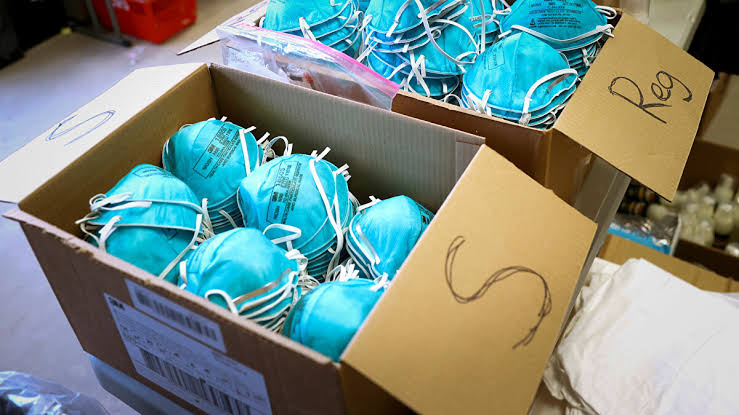France, Germany, and Britain have made the first use of a bartering mechanism set up to circumvent U.S. sanctions against Iran, to send medical supplies to the crisis-hit country, the German Foreign Office says.
SEE ALSO: Coronavirus: Italy Begins Mass Treatment With Chloroquine
In Iran, one of the countries hardest hit by the coronavirus crisis, a complex web of sanctions imposed by the Trump administration—and abetted by Congress members of both parties—is choking off critical medical supplies to a country desperately in need.
While this dip in supply is not new, the scale of the harm is, as doctors frantically try to respond to a catastrophe that now includes 16,169 confirmed cases and 988 deaths in Iran – numbers that are rising by the day.
Amid these dire circumstances, the Trump administration announced sometime in March that it was imposing a fresh round of sanctions on the country.
On March 12 Iran’s Health Ministry reported dire shortages of key supplies, including syringe and infusion pumps.
At the Independent (U.K.), reporter Negar Mortazavi notes that several companies were reluctant to sell testing kits to Iran over concerns about violating a complex web of sanctions, until the WHO stepped in and instructed them to.
“A young father living in Tehran, whose cousin died at a local hospital at the beginning of the outbreak, told me he had all the signs and symptoms of coronavirus and his death report even cited ‘suspected coronavirus’ as the cause of death—but he was not tested for the virus as there is a shortage and test kits are saved for those patients who are still alive,” Mortazavi writes.
Relief International, one of the few humanitarian organisations that has been bringing medical supplies into Iran, issued a stark warning nearly three weeks ago: “There is an extreme shortage of these supplies in-country, where stock is often low due to the steep price of medicines and medical equipment—a consequence of U.S. sanctions.”
The doctors, nurses and pharmacists on the front lines of the crisis have been sounding the alarm about the dire circumstances for days.
“Medical professionals in Iran are seeing the early signs of shortages,” warned Esfandyar Batmanghelidj and Abbas Kebriaeezadeh (the latter is a pharmacology professor at Tehran University of Medical Sciences) in a March 3 article.
“They are calling the Iranian vendors of respiratory masks, surgical gowns, and ventilators only to hear that the goods are out of stock.
“They are struggling to get antiviral medication even to those patients exhibiting the most acute symptoms,” they said further.



Leave a Reply